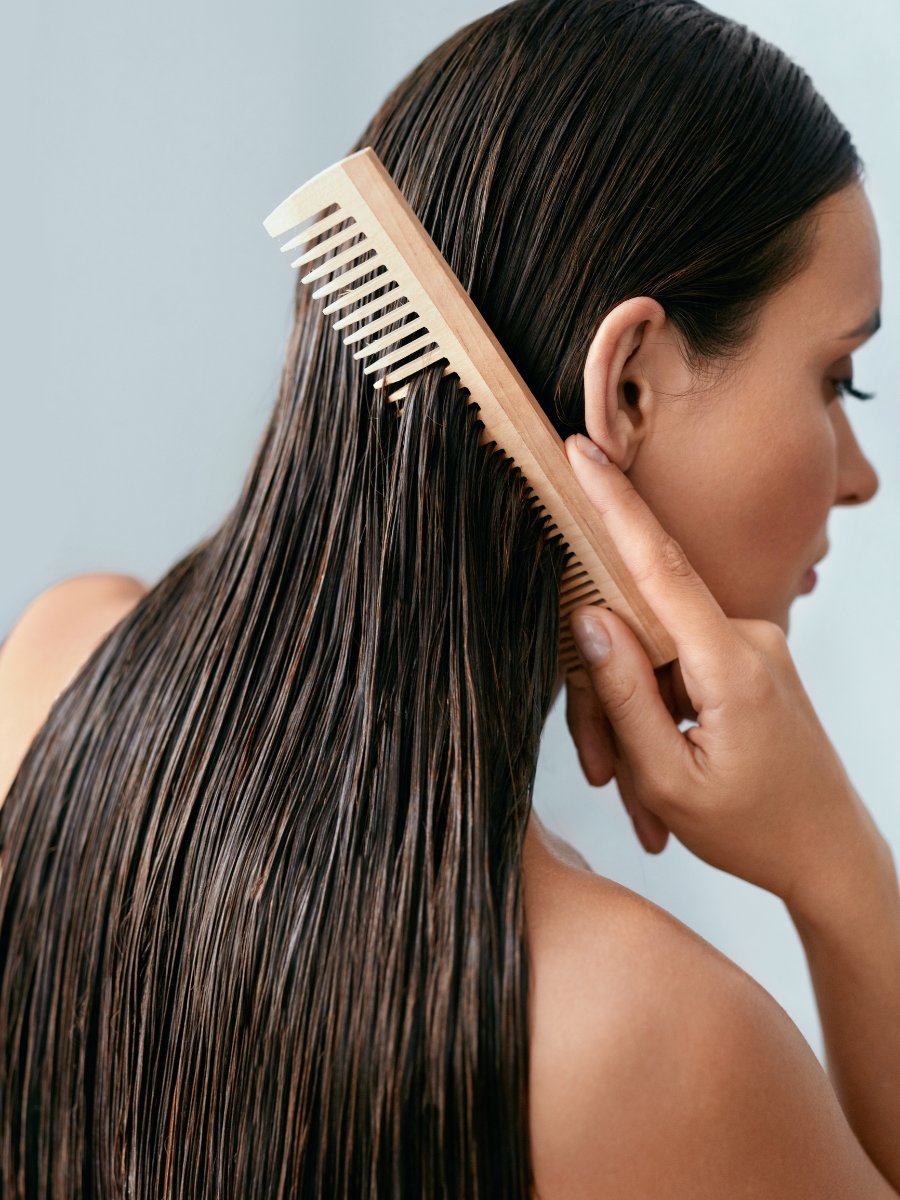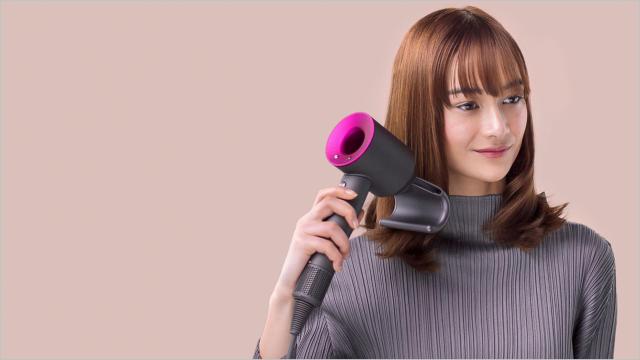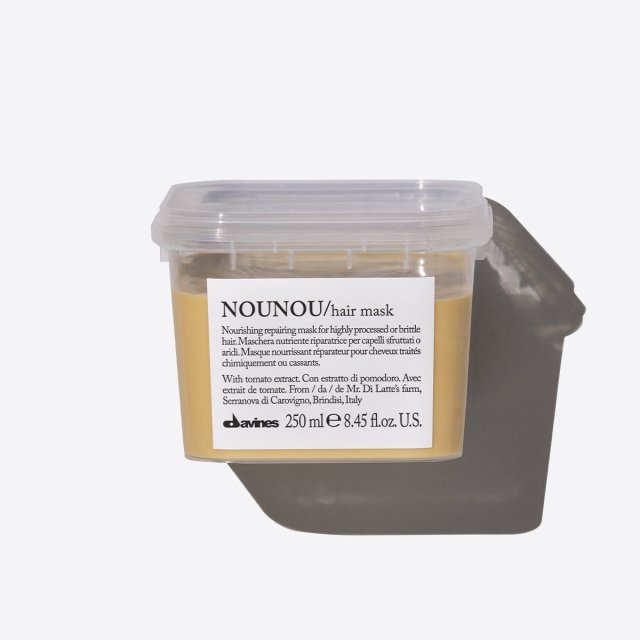Here’s what the pros use to rescue their clients hair in winter

While summer can wreak its fair share of havoc on hair—from chlorine to humidity—winter can present its own distinct challenges.
To answer clients most common winter hair woes, ProCollective turned to the pros; Danny Pato (Davines International Aritst, Creative Director – D&M Hair Design), Michael Beel (Dyson NZ Ambassador, Creative Director – Buoy Salon & Spa), and Pedja Rilak (Platinum Stylist – Servilles).
ProCollective (PC): How can winter weather affect the hair and scalp?
Danny Pato: We tend to think of summer as the most damaging time for the elements to cause havoc to hair and scalp. However, winter has its own challenges. Exposure to artificial heating, as well as longer, hotter showers, can create extra dryness . This can lead to dandruff on the scalp and to dull, brittle hair.
Michael Beel: Cold outdoor air, wind, and indoor heated air can reduce the moisture content of the hair and scalp, causing dehydration and dryness. Everyone is different, and the impact of winter on people’s scalp and hair can vary depending on their hair type and scalp sensitivity.
PC: What are some tweaks you’d recommend clients make to their haircare routine during winter?
Danny Pato: Just like with skincare routines, we should look at changing our hair and scalp care routines with the seasons. If your scalp tends to be dryer over winter, use a leave-on microbiotic scalp treatment to restore scalp health. For your hair, do a weekly intense moisture treatment and a weekly shine treatment – and if you’re blonde, make sure your treatments contain a biacidic bond complex to rebond and protect your mane. As always, make sure you’re using a leave-on hair product that contains thermal protection.
Michael Beel: Hair takes longer to dry during winter and is more fragile when it is damp. We know that the bonds of hair are disrupted by water, making hair weaker and more easily damaged when it is wet. Therefore, drying your hair before you leave the house is important, but you should always try to avoid overheating your hair and scalp. Instead of using the highest setting on your heat tool, try using medium or low heat. A great option is to invest in a temperature-controlled hair dryer that regulates heat to keep your hair healthy and strong – I recommend the Dyson Supersonic hair dryer, as it has intelligent heat control to regulate heat, preventing hair damage and protecting your hair’s shine. Flyaways are rife in winter, so another great tip I recommend is to use the Dyson Supersonic flyaway attachment as it’s great for taming flyaways in the wintertime, when thick clothes and knitwear are creating so much static through our hair.

Pedja Rilak: Adding a moisture mask into your hair routine once a week in place of conditioner like Davines NouNou Hair Mask or Davines The Circle Chronicles treatments. Also, using an oil and/or moisturising product before and after styling the hair – this will help to leave the hair feeling, soft, shiny and moisturised.

Any other practical tips that can make a difference?
Michael Beel: Don’t overwash your hair – Over-washing your hair can be very damaging, as it strips the scalp of natural oils and leaves the hair dry. So, try to keep hair-washing to every 2-3 days at a maximum.
Pedja Rilak: Before treating the hair with a mask, shampoo twice, gently remove some moisture from the hair (with a towel) before applying the mask to the mids and ends – this will help the mask have maximum effect.
Danny Pato:
- When you wash your hair, try turning down the water temperature as low as you can handle it. This will help prevent dryness and potential cuticle damage. If you can, finish with a burst of cool water on your hair to seal the cuticle.
- If you’re heading out into the elements, protect your hair under a hat. Ideally, to prevent breakage, choose a winter hat that’s lined with satin or silk – just like with pillowcases, these are the fabrics that cause the least damage and dryness to hair and skin.
- After your conditioner or hair mask has finished processing, use a detangling brush to comb it through before rinsing. This manually closes the cuticle around the product and leaves hair shinier.
What are your go-to products during winter?
Michael Beel: In addition to the Dyson Supersonic hair dryer, a heat protectant for styling is also a no-brainer, as well as a good deep conditioning at-home treatment. Last but not least – plenty of water! We tend to drink less water in the winter months because it isn’t hot and we aren’t as thirsty, but staying hydrated is crucial for healthy, shiny locks.
Danny Pato:
- Davines Naturaltech Elevating Scalp Recovery Treatment – a restoring scalp treatment for dry and sensitised scalp with a microbiotic booster, to use as a leave on after every wash.
- Davines Naturaltech Nourishing Shampoo – a scalp moisturising shampoo, with grape phytoceutical as a powerful antioxidant.
- Davines The Quick Fix Circle – a fast acting hair mask with moisturising hyaluronic acid, to use once a week.
- Davines OI Liquid Luster – it makes hair six times shinier and three time softer in an instant, to use as needed.
